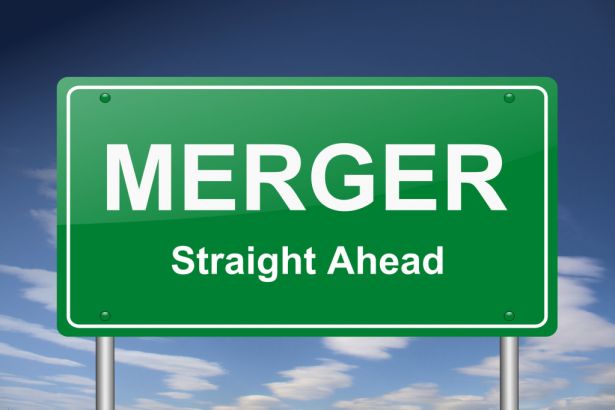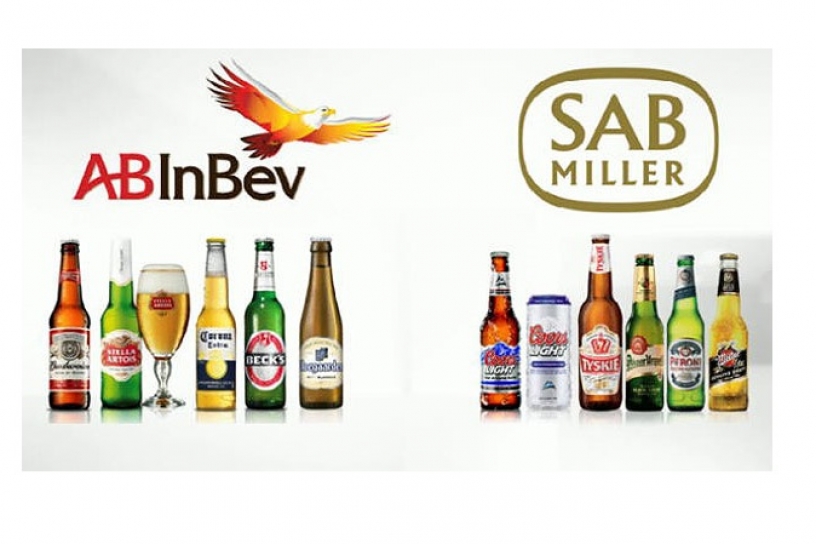 Last week’s news that the world’s largest beer company AB InBev, had finalized a $107 Billion dollar deal and with SABMiller, AB’s top competitor, is certain to impact the global beer market and change the industry profoundly. And like it or not, those changes will affect the craft beer biz directly.
Last week’s news that the world’s largest beer company AB InBev, had finalized a $107 Billion dollar deal and with SABMiller, AB’s top competitor, is certain to impact the global beer market and change the industry profoundly. And like it or not, those changes will affect the craft beer biz directly.
Here’s 3 things that we expect to see more of if (or more likely when) this deal is approved.
 Global Beer Company Acquisitions Will Accelerate
Global Beer Company Acquisitions Will Accelerate
To compete with this new beer goliath, larger beer companies will consider their own slew of acquisitions. Adweek’s Kristina Monllos suggests that Molson Coors may try to strengthen their holdings by purchasing a 100% ownership stake in Millers:
As part of the deal, SABMiller will sell its stake in a venture with Molson Coors for $12 million, giving Molson Coors full control of its properties as well as the Miller brand. That means Budweiser and Miller won’t be under the same parent company to assuage fears that the combined beer behemoths would have too much control of the U.S. market.
Molson Coors could potentially hook up with other beer global beer companies. Rumors of them possibly aligning themselves with a company like Heineken have already begun to surface.
Predominantly a wine and spirits company, Diageo may look to either spin off their primary beer holding Guinness, (clearly there would be plenty of buyers). Or they might attempt to broaden their stake in beer and bring some up-and-coming Irish or UK based craft beer properties under the Guinness umbrella.
Craft Beer Properties Will Become Hotter Than Ever
With craft beer’s growing popularity and increasing market share both in the states as well as internationally, and American craft beer properties will become hotter than ever.
Why wouldn’t internationals like Carlsberg and Heineken consider raiding the US craft beer companies to better position themselves? We don’t think they’d be gunning for Yuengling if they thought they could acquire a craft major like SweetWater – a brewery that probably wouldn’t mind a little European exposure. And with craft beer’s growing appeal abroad, would majors like Boston Beer really be out of the question?
America’s Distribution Channels Will Be Severely Impacted
The vast majority of beer in the states is distributed through a three-tier system. Basically, a brewersells to a wholesaler who then sells to a retailer. Instituted shortly after Prohibition and overseen and regulated by each state, Big Beer’s influence and control within the distribution system will strengthened by this merger,
The winners will be AB InBev and Molson Coors (or whatever those companies are called once everything’s finalized). They already hold considerable sway over two major distribution networks and have the money and resources to showcase their products. They’ve also the capability to lowball their beer prices (when necessary) and to command premium shelf space and tap lines. Some states even allow AB InBev to actually own distribution companies – and approximately 10 percent of their overall beer sales in the US is handled through distributors they own
The losers in this brave new “post-merger” world will be independent craft breweries. With paper-thin margins, and minimal (if any) promotional dollar to spend on showcasing their products, new breweries will increasingly struggle for shelf space and tap lines.
To make matters worse we predict that AB InBev will continue to add to their growing portfolio of regional craft breweries and bulk up their distribution networks with the multitude of brands they control and limit small breweries critical exposure at bars and retail.
 American Craft Beer The Best Craft Beer, Breweries, Bars, Brewpubs, Beer Stores, And Restaurants Serving Serious Beer.
American Craft Beer The Best Craft Beer, Breweries, Bars, Brewpubs, Beer Stores, And Restaurants Serving Serious Beer.
